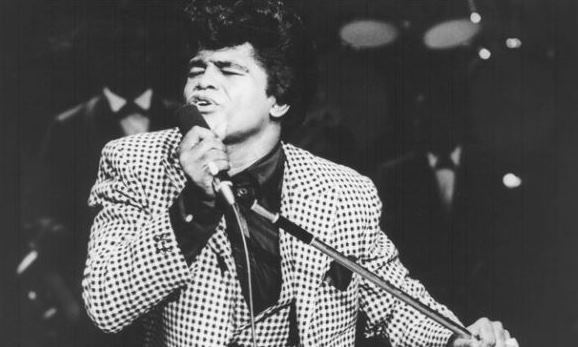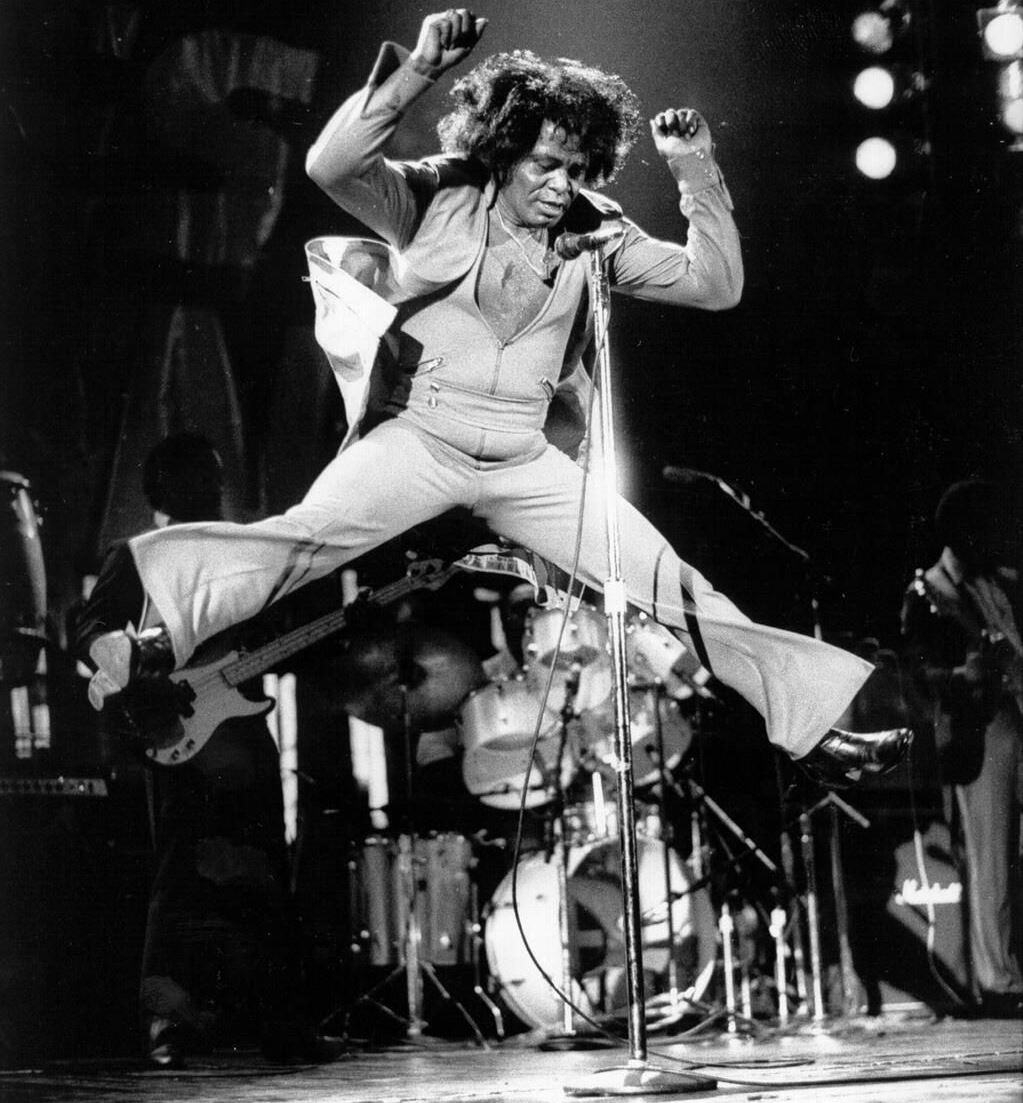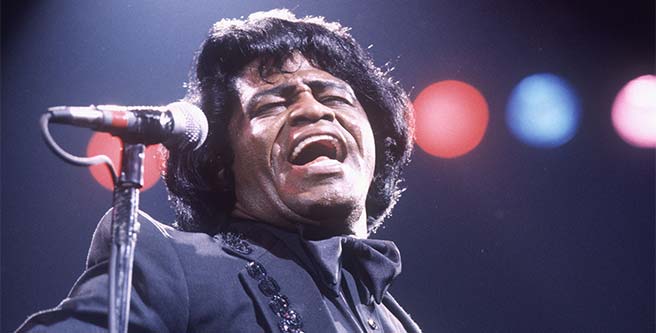Last week, I watched Ringo Starr’s Big Birthday Party and thought the highlight of the one-hour virtual event was Sheila E. and her sizzling performance of Come Together – Revolution. It turned out E. had previously recorded the medley for her most recent eighth studio album Iconic: Message 4 America released in August 2017. A couple of nights ago, I found myself listening to this covers album and liked what I heard – a lot!
For E.’s background, I’m borrowing from a previous August 2017 post about my favorite drummers. Born Sheila Escovedo, E. was influenced and inspired by her musical family. Since the late 60s, her Mexican-American father Pete Escovedo, a percussionist, was influential in the Latin music scene, touring with Santana from 1967 to 1970. Her uncles were musicians as well, and her godfather was none other than Tito Puente.
At the age of 5, E. gave her first live performance. By her early 20s, she had already played with the likes of George Duke, Marvin Gaye and Herbie Hancock. In 1978, she met Prince who became an important mentor and with whom she worked various times. In 1984, E. started a solo career. She also worked with many other artists, including Ringo Starr, performing with his All-Starr Band in 2001, 2003 and 2006.

As reported by Rolling Stone, it was Donald Trump’s denunciation of Mexicans as “murderers and rapists” during his official campaign launch announcement in 2015, along with the death of Prince in April 2016, which prompted E. to record Iconic, an album featuring remakes of social justice anthems. In addition to selecting songs by the likes of Marvin Gaye, Curtis Mayfield, Stevie Wonder and James Brown, E. got help from multiple guests, most notably Starr and Freddie Stone, co-founder, guitarist and vocalist of Sly and the Family Stone. Her father and two other family members were among the other guests.
“So for the Iconic project, you know, the state that the country is in… I’m doing these songs based on the lyrical content, which, when I grew up in the ’60s and the ’70s, these songs were pretty amazing,” E. told Billboard. “They’re relevant. So I wanted to do “Come Together,” The Beatles song with Ringo Starr, which we did, and the only one that wasn’t written [that long] ago was “America.” But it means something…So it was just important to what’s happening in our country.” America is a tune about the state of the U.S. during the Reagan Administration, which Prince had written for his 1985 studio album Around the World in a Day.
Let’s get to some music. Since I previously featured Come Together – Revolution here, I’m skipping it and go directly to Everyday People. Written by Sly Stone, the tune was originally released as a single by Sly and the Family Stone in November 1968. It was also included on the band’s fourth studio album Stand! from May 1969. As noted above, Freddie Stone joins E. on vocals. He also plays guitar.
Inner City Blues – Trouble Man is a cool medley of two songs Marvin Gaye performed. Inner City Blues, co-written by Gaye and James Nyx, Jr., appeared on What’s Going On, Gaye’s 11th studio album from May 1971. Trouble Man is the title track of Gaye’s follow-on studio record that came out in December 1972. It was written by him. On the album’s recording, E. is joined on vocals by saxophonist Eddie Mininfield.
With so many great covers on Iconic, it’s hard to select which ones to call out. One of the funkiest undoubtedly is the James Brown Medley, which melds together five tunes: Talkin’ Loud And Sayin’ Nothing, co-written by Brown and Bobby Bird (There It Is, June 1972); Mama Don’t Take No Mess, co-written by Brown, John Starks and Fred Wesley (Hell, June 1974); Soul Power, written by Brown (single, March 1971); Get Involved, co-written by Brown, Bird and Ron Lenhoff (Revolution of the Mind: Live at the Apollo, Volume III, December 1971); and Super Bad, written by Brown (Super Bad, 1971). For this recording, E. is joined by Bootsy Collins on vocals, who also provides bass and guitar. Collins played with Brown in the early ’70s and later with Parliament-Funkadelic. Let’s hit it!
Next up: A beautiful version of Blackbird. Per Songfacts, Paul McCartney wrote the song about the civil rights struggle for African Americans after he had read the U.S. federal courts had forced racial desegregation in the school system of Little Rock, Ark. Blackbird was first recorded for The White Album that appeared in November 1968. E.’s rendition transforms the acoustic guitar tune to a mellow piano-driven ballad. The lovely cello part is played by studio musician Jodi Burnett.
The last tune I’d like to call out is the Curtis Mayfield classic Pusherman. It appeared on Mayfield’s third solo album Super Fly from July 1972. The great guitar part on E.’s version is played by Mychael Gabriel, a musician, songwriter, performer, audio engineer, mixer, producer, who began his career as a 16-year-old, doing record engineering for E.
Iconic: Message 4 America may “only” be a covers album, but I think the excellent song selection and E.’s renditions make listening to it worthwhile.
Sources: Wikipedia; Rolling Stone; Billboard; Songfacts; Discogs; YouTube


